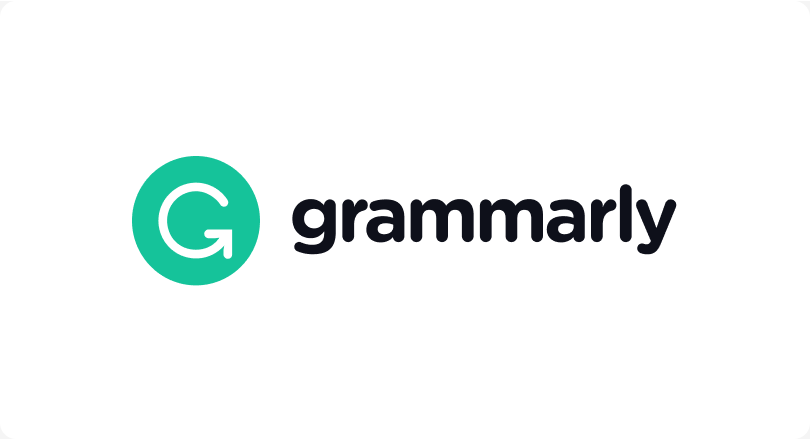PENGARUH MODEL PEMBELAJARAN TERHADAP HASIL BELAJAR MATEMATIKA DITINJAU DARI GAYA KOGNITIF SISWA (EKSPERIMEN SEMU PADA KELAS X SMA NEGERI DI KOTA PALU)
DOI:
https://doi.org/10.33477/mp.v4i1.312Abstract
This research is a quasi experiment research which aims to examine whether learning model and cognitive style influence the mathematics learning outcomes of class X students at SMAN (public senior high school) in Palu in academic year of 2013/2014 which are from 4 SMAN with accreditation level “A”. the selection of sample was conducted by using simple random sampling technique. The samples chosen were two SMAN in Palu namely, SMAN 1 Palu at class Xa and SMAN 3 Palu at class X1 with 30 students from each class. There were two variables of the research (1) the independent variables consisted of learning model and cognitive style of students and (2) dependent variable which was mathematics learning outcomes of students. The intended learning model was individual learning model, small group , and conventional model; whereas, the intended cognitive style were field independent cognitive (FI) and field dependent cognitive (FD). The instruments used were test of GEFT cognitive style and test of Math learning outcomes. Data obtained were analyzed using descriptive statistics analysis and inferential statistics analysis using two-way Anova variant. The results of the study indicate that Math learning outcomes of class X student at SMA in Palu is influence by learning model and cognitive style of students. The conclusion of the research is the use of learning model which is appropriate to the students cognitive styles can improve Math learning outcomes of students. Key words: Learning Model, Cognitive Style and mathematics learning outcomesReferences
Dimyati & Mujiono. 2006. Belajar dan pembelajaran. Jakarta: PT. Rineka Cipta
Djaeng. 2009a. Pembelajaran Matematika Sekolah Dengan Model Pembelajaran.
Cara Perseoragan dan Kelompok Kecil (Model PPKK). Palu: Universitas
Tadulako.
Djaeng. 2004b. Pengembangan Model Pembelajaran Matematika Sekolah dengan Kelompok Kecil dan Perseorangan. Surabaya: Departemen Pendidikan Nasional Universitas Negeri Surabaya Program Pasca Sarjana.
Gufron, M. N & Risnawati R.S. 2012. Gaya Belajar. Yogyakarta: Pustaka Pelajar Mardapi, Djemari (2012). Pengukuran Penilaian dan evaluasi Pendidikan. Yogyakarta: Nuha Litera.
Mehrens, W. A & Lehmann, I.J.1973. Measurement and evaluation in education and psychology. New York: Hold, Rinchart and Wiston,Inc.
Nasution. 2010. Berbagai Pendekatan dalam Proses Belajar & Mengajar.
Jakarta: PT Bumi Aksara.
Nila, 2010. Pengaruh Metode Mengajar dan Gaya Kognitif Terhadap Hasil
Belajar Matematika Siswa Kelas VIII MTsS Kabupaten Maros. Tesis.
Makassar: Program Pascasarjana Universitas Negeri Makassar.
Nurdin. 2005. Analisis Hasil Belajar Matematika Berdasarkan Gaya kognitif Guru dan Gaya Kognitif Siswa pada Kelas II SMU Negeri 3 Makassar. Jurnal Pendidikan dan Kebudayaan, 055(11), 469-489, (Online), (http://jurnal.pdii.lipi.go.id/admin/jurnal/115505469489.pdf, Diakses 10 desember 2013).
Rahman Abdul. 2008. Analisis Hasil Belajar Matematika Berdasarkan Perbedaan Gaya Kognitif Secara Psikologis dan Konseptual Tempo pada Siswa Kelas X SMA Negeri 3 Makassar. Jurnal Pendidikan dan Kebudayaan, No. 072, Tahun Ke-14 (Online),
(http://jurnal.pdii.lipi.go.id/admin/jurnal/1407208452473.pdf, diaskes 10 desember 2013.
Ratumanan, T.G. 2004. Belajar dan Pembelajaran. Surabaya: University Press
Santrock, J W.2007. Psikologi Remaja Edisi 11 Jilid 1. Jakarta: Erlangga.
Slameto. 2010. Belajar dan Faktor-Faktor yang Mempengaruhinya. Jakarta: PT.
Rineka Cipta.
Soedjadi, R. 2007. Masalah Kontekstual Sebagai Batu Sendi Matematika Sekolah.
Surabaya: Pusat Sains dan Matematika Sekolah (PSMS) Unesa.
Uno, Hamza B. 2008b. Orientasi Baru dalam Psikologi Pembelajaran. Jakarta:
PT. Bumi sAksara.






